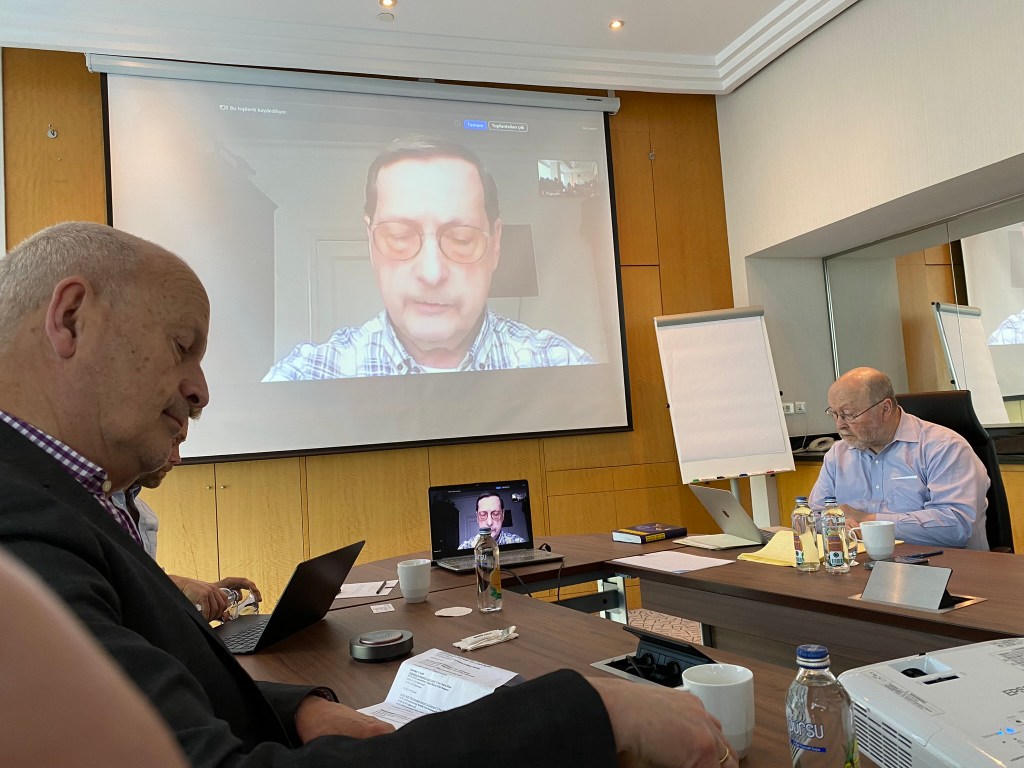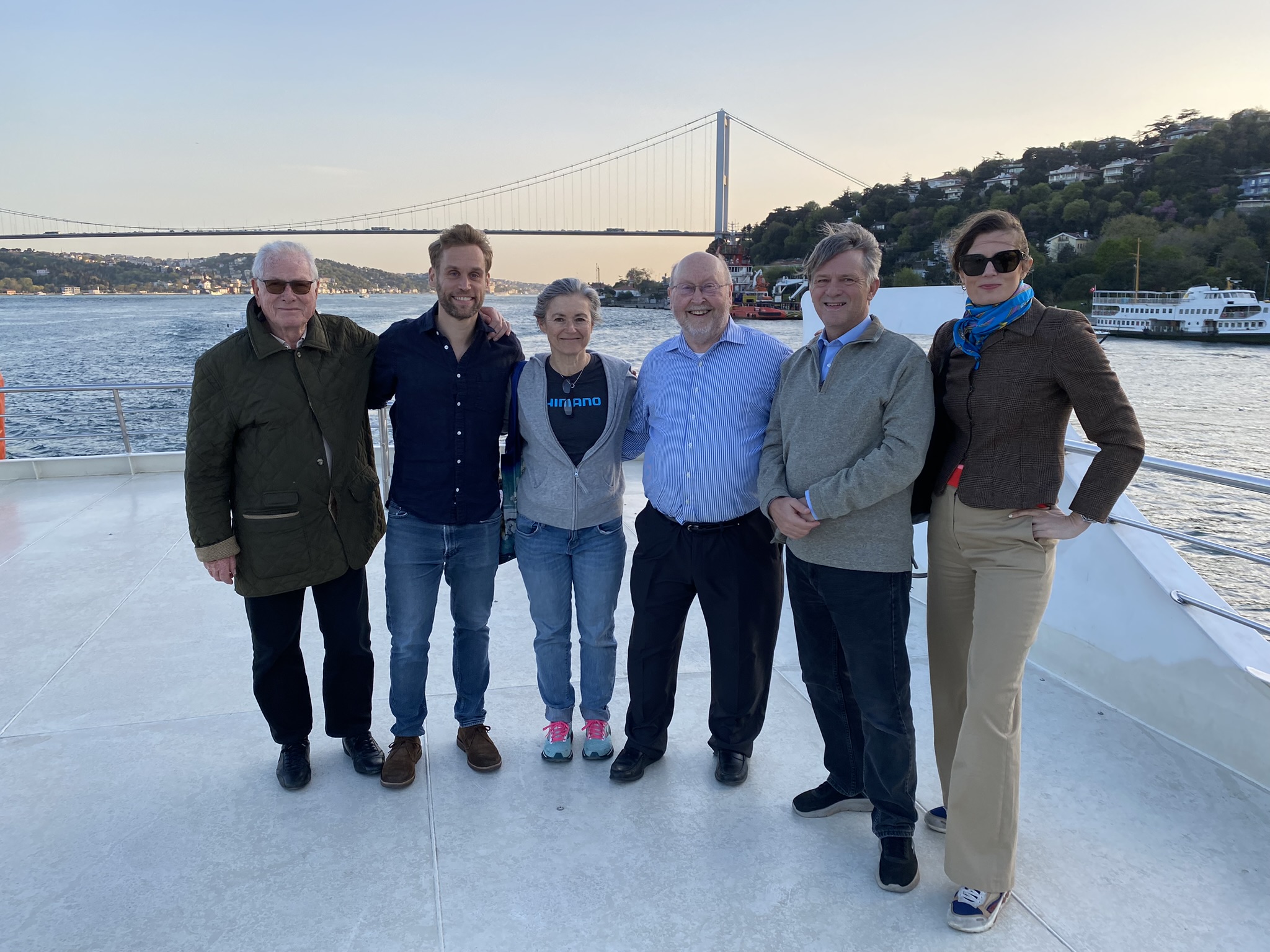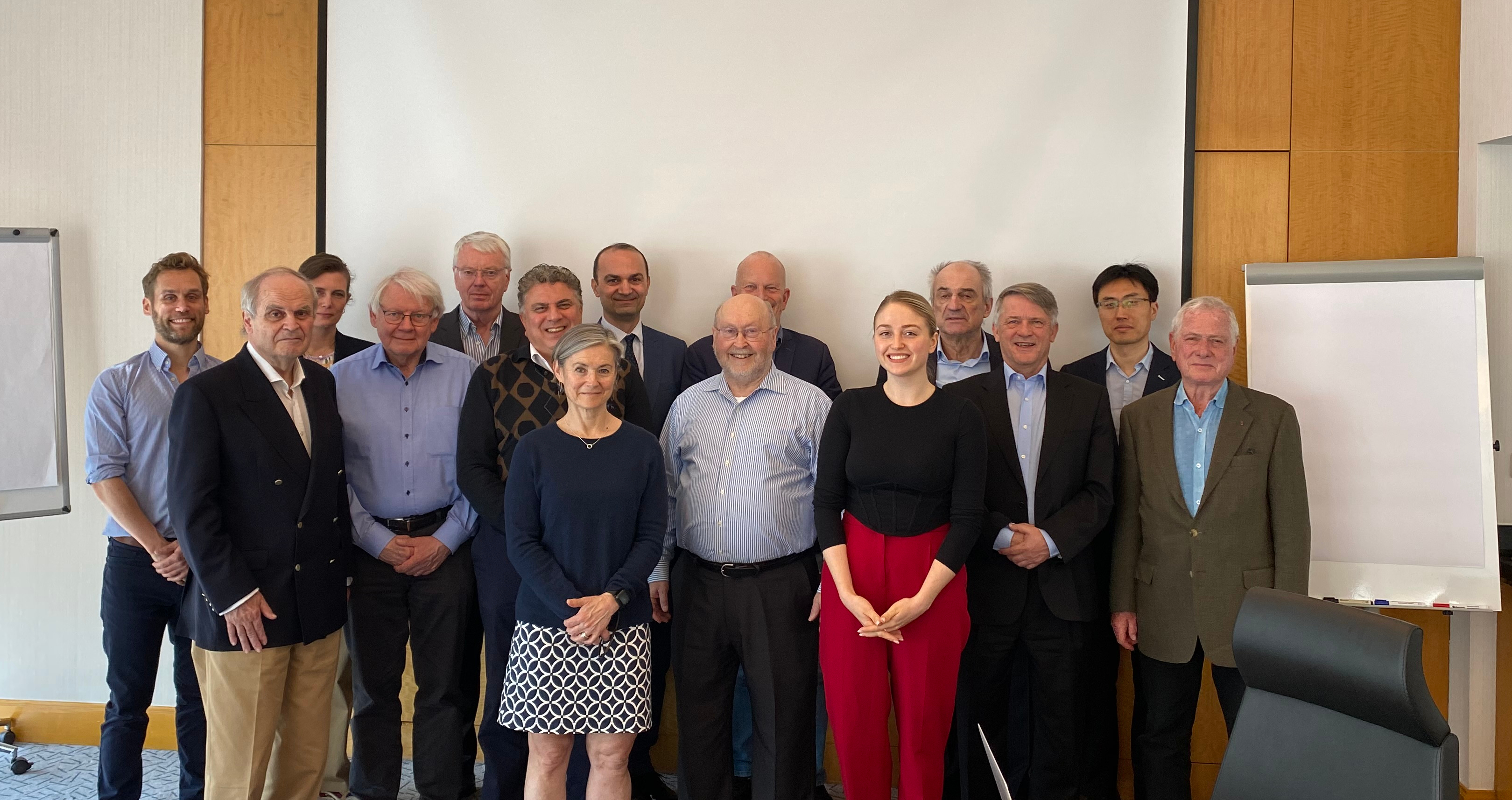On 12-13 April 2024 Pugwash convened a workshop in Istanbul to assess opportunities for galvanizing nuclear arms control. Seventeen experts from the United States, Russia, China, and Europe – and three further virtual presentations – engaged in fruitful discussions about the international security landscape aimed at identifying an agenda for future nuclear risk reduction.
Summary
During the Cold War, arms control mechanisms provided guardrails against miscalculation, misperception and misunderstanding between rivals, yet history shows these were hardest to achieve when most needed. Nonetheless, it became possible to introduce means to control the nuclear competition between enemy states by reducing the threat, strengthen crisis stability and ultimately save resources. The present fragmented world order and multiple regional conflicts severely challenge the pursuit of security dialogue among the major powers.
Absent the political will to engage in negotiations on a replacement for the New START treaty, participants were clear that the contours of how the Russian war against Ukraine is terminated will largely shape the appetite for, and determine the scope of, any future bilateral negotiations. A key point is that the Ukraine war is only one – albeit front and centre – stumbling block in pursuing arms control amid states’ nuclear modernization programs. Not least, the domestic political context in relevant capitals will shape prospects of achieving negotiated agreements and there appears not to be powerful coalitions of interests in Moscow, Beijing, or Washington at this time. In this environment, any post-war reshaping of the European security architecture will need to bolster strategic stability and reintroduce arms control accords to ensure undiminished security for all states including Russia, as well as factor in the impact on the Asian theatre.
As such, discussions explored a range of possible measures that could promote strategic stability and robust security and pave the way for future arms control arrangements. Several unilateral actions were proposed although these were largely accepted as politically unappealing in such times of tension and uncertainty. The current P-5 process on risk reduction was understood to be self-serving and ineffective in mitigating competition between nuclear weapons states.
One more promising initiative could be a multilateral dialogue to establish basic understandings and principles of behaviour for the key players to navigate the emergent world order. Engaging sooner rather than after completion of the nuclear modernization programs presents a critical opportunity to establish risk reduction measures, baseline limits, guardrails, and underline the principle of responsible management of the international system in important areas such as nuclear arms control. This is important in a context where a technical arms race is already preceding a spiralling political arms competition.
Concretely, such a dialogue could usefully unpack what is implied by different states in acknowledging mutual vulnerability and its consequences for nuclear deterrence. Similarly, understanding the range of perspectives on what constitutes a credible sole purpose pledge would contribute to discussions of maintaining strategic security while reducing stockpiles. Multilateral discussions should also include a focus on the impact of new technologies on strategic stability.
One impact of the present nuclear dangers is that public and political awareness of nuclear weapons use is as high as it’s been in half a century. While this is appropriate give the level of danger, one perverse effect was said to be that the more people think about limited nuclear war fighting, the more likely it is to happen. Given this paradox, participants emphasised that future arms control will need to be creatively reimagined at the Track 1.5 or 2 level, and that forums such as the Pugwash workshop series are a useful testing ground for acceptability of ideas.


